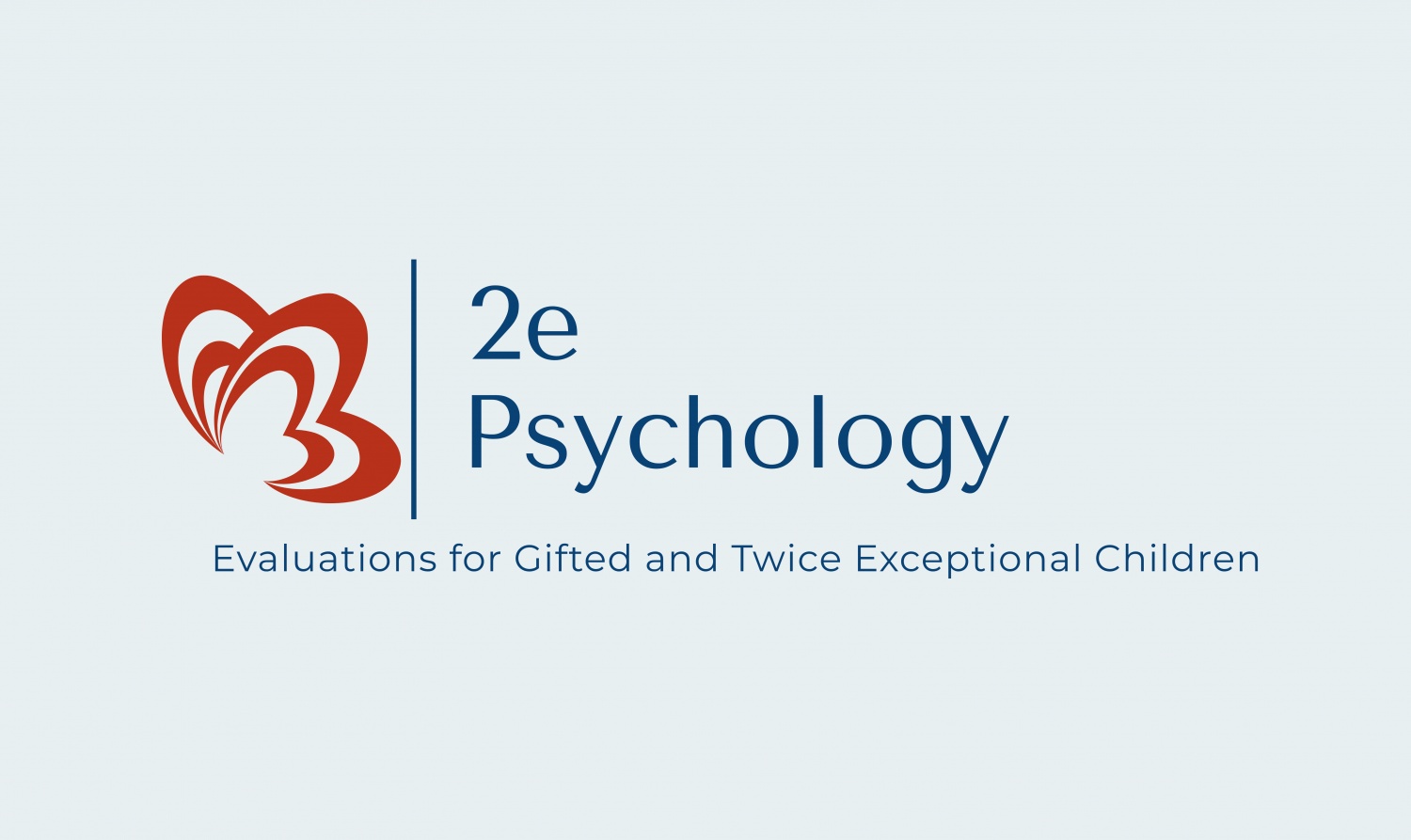
Who are twice-exceptional (2e) children and what does that term mean?
This term may sound familiar, but most people can’t quite define it, even those who work with children in the school system. Often, counselors and psychologists falter when asked about twice-exceptionality and giftedness, especially when it comes to identifying such learners, what it means for their educational programming, and the array of strengths and needs that these learners can display.
Twice-exceptionality is indicated when a child “lies outside the norms of the bell curve not just in their abilities, but also in one or more areas of disability”1. In other words, a child may be gifted in one or more areas, and at the same time have a co-occurring diagnosis, such as a learning disability, ADHD, an autism spectrum disability, or dyslexia. These children are particularly difficult to identify because many times they are bright enough to achieve at grade level or above and their intelligence masks a disability; or, they are identified only as having to struggle with behavior, social skills, attention, writing, or reading and their giftedness may go unnoticed.
Resources for evaluation and support
Twice-exceptionality and giftedness can be difficult for teachers and trained personnel, such as psychologists and counselors, to identify without the right kind of testing, training, and discerning clinical eye. Many parents may know that something is different about their child, and suspect all kinds of differences or diagnoses. They can benefit from talking with a professional psychologist who can help counsel, advise, and possibly test their child to determine individual learning profiles, and possible dual diagnoses. Further, parents may need outside data to support a referral to gifted and talented programs and to understand the process for obtaining a 504 plan or IEP if needed.
Submitted by Amy Molina, PhD
1Webb, J. T., Gore, J. L, Amend, E. R., & DeVries, A. (2007). A Parent’s Guide to Gifted Children. Scottsdale, AZ: Great Potential Press, Inc., p. 251.
------------------------------------------
Dr. Amy Molina is a licensed psychologist and school psychologist in Fort Collins, Colo. She has more than 20 years of experience in public schools and provides expertise in evaluation and consultation for twice-exceptional and gifted learners.